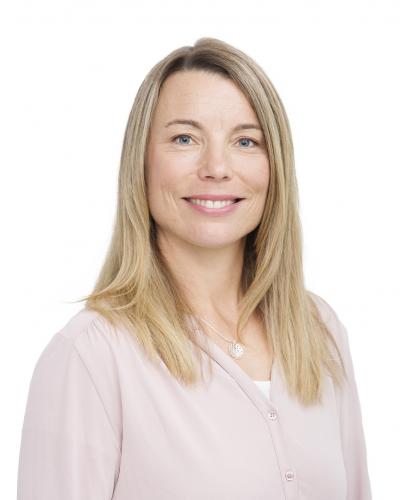A new project to research innovative ways to recycle high-demand metals

Anna Aminoff
A new project by Hanken School of Economics, the Finnish Environment Institute and VTT will examine how cities can support the recycling of critical metals. The project is funded by the Academy of Finland and will run from 1 January 2022 to 31 December 2025.
“At the city level, the local recycling of critical metals can be challenging, which is why we will look into how cities can make it profitable for businesses and other actors and how the life cycle of high-tech products could be extended,” says Anna Aminoff, Associate Professor of Supply Chain Management and Social Responsibility at Hanken and one of the project’s researchers.
The project focuses on three product groups: hospital devices, smart buildings and consumer products. Hanken’s research deals mainly with circular economy supply chains and public procurement.
“In Finland, it is already possible to include better materials recovery as one of the criteria in public procurement, but this must be taken into account as early as when creating a call for tenders.”
In addition to local issues, the researchers will also analyse global themes, which include long supply chains.
“Right now, the supply chains of products are linear. We will examine how supply chains should change in order for them to make circular economy operating models possible and how they link to the local circular economy models of cities.”
Methods such as interviews and case studies will be used to collect data about Finnish cities. The research project looks into how the special characteristics of a city – such as size and demographic and industrial structure – affect the opportunities to promote the recycling and reuse of critical materials.
Strengthening the circular economy in cities and extending the life cycle of high-tech products are aims that are also supported by the EU. The project will produce information that can be used in decision-making to support these aims.
The project by Hanken, the Finnish Environment Institute and VTT is part of a wider programme by the Academy of Finland called “Critical Materials in Circular Economy of Cities”. A total of EUR 8 million in funding has been allocated to the programme.
The EU has defined 20 raw materials as critical based on the fact that they are of high importance to the economy and their availability faces potential risks. These raw materials include cobalt, lithium, indium and magnesium. Critical materials play a key role in maintaining and improving quality of life and, in recent years, the amount of these materials in products has increased. Reliable, sustainable and unhindered access to critical materials is a growing concern within the EU and across the globe.
For more information about the project, please contact:
Anna Aminoff, Associate Professor, Hanken
anna.aminoff@hanken.fi
tel. +358 (0)504006215

